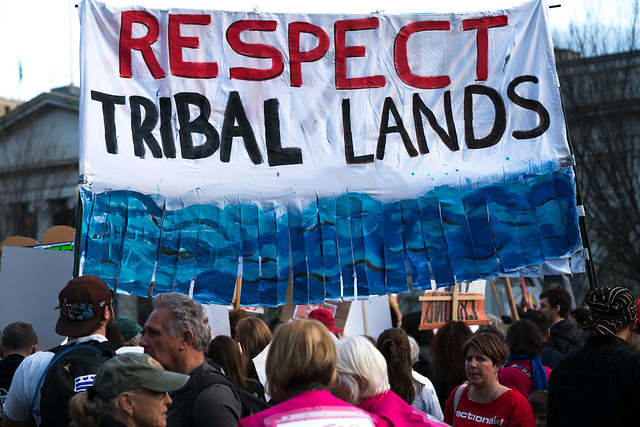AFTER GUARI LANKESH
Standing for the Human Rights of Journalists in India
by Nava Thakuria, CounterVortex
India, touted as the world’s largest democracy, is and remains a dangerous place for working journalists irrespective of the regime in power at New Delhi or any provincial capital. The populous country witnesses the murder of around five media workers each year, an average that has not changed for decades. And few of these cases see any justice in the country’s court system. The media workers’ community in the South Asian nation now plans to observe the Oct. 2 birthday of Mohandas Karamchand Gandhi—a lawyer turned journalist turned India’s liberation hero—with countrywide demonstrations to demand freedom of expression and an end to the atmosphere of impunity.
The month of September saw three shocking journo-murders from different parts of India. So far, 2017 has witnessed the killing of eight journalists—to a lukewarm reaction from the authorities. It was only the murder on Sept. 5 of editor-journalist Gauri Lankesh, 56, at her home in Bangaluru (formerly Bangalore) that aroused massive protests across the country.
Continue ReadingAFTER GUARI LANKESH


